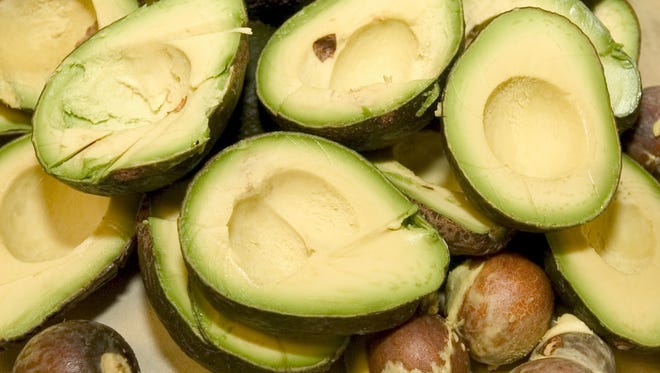Ask the Pharmacist: How glutathione is depleted from the body

What if you were taking an over-the-counter med like an antacid, or an analgesic, and it was stripping you of an important antioxidant called glutathione? Would you want to know?
Glutathione is made in the body, and it’s found in many supplements nationwide. It is a powerful antioxidant that reduces oxidative stress. It may even help with skin conditions such as psoriasis, and alcohol-related liver injuries as well as non-alcoholic fatty liver. Special forms like the “acetylated” forms of glutathione penetrate the brain and may help with neurological diseases.
Recently, a friend who has my book Drug Muggers asked me to explain how medications deplete glutathione. He couldn’t find studies on PubMed to correlate with all the medications I listed in the chapter for glutathione. He’s correct, there is not a direct study to substantiate every single drug I listed because I’m thinking two steps ahead.
Today, I’ll share with you my common sense reasoning behind the list of drugs included in my Drug Mugger book, so you can use the information and apply it to yourself or a loved one.

In the human body, you have many complex metabolic pathways, and one of them is called the transulfuration pathway which makes cysteine. You need vitamin B6 for the transulfuration pathway to produce cysteine. Anything that depletes or blocks B6 slows down the production of cysteine, which is required to make glutathione.
The methylation cycle makes biologically active B9 (folate). And you make B12 in your gut. Think of each metabolic pathway as a spinning cycle, having different gears, and each gear needs to be well-oiled with nutrients or else the spinning stops temporarily! That would be bad for your health.
Here is a list of medication categories that impact levels of glutathione, and my reasoning behind it. By the way, if you’d like the more comprehensive version of this article, I routinely my articles to my online subscribers and if you wish to, sign up at suzycohen.com:
Acid blockers/antacids
These medications severely impact the human gut microbiota. They suppress absorption, or block production of the entire B complex family, especially B12 which is required as a precursor nutrient in the pathway that ultimately makes glutathione.
Analgesics
The medications listed in my book all contain acetaminophen which can deplete glutathione stores. This is well known in the medical community. I hope your physician has told you that. If not, please pose the question because glutathione is directly depleted by acetaminophen a.k.a. paracetamol in other countries.
Antibiotics
These life-saving medications are sometimes taken for more than 14 days, and if that’s the case, you can expect a total disruption of your gut flora, which suppresses B12, which then means the transulfuration “gear” is cramped, and now you can’t make glutathione.
Nicotine
Smokers may not realize that glutathione production is suppressed, and supplementation may be helpful to avoid profound oxidative injury to the lungs and liver. If you’re uncertain about glutathione, and if it is right for you, please ask your practitioner before self-supplementing.
More:Ask the Pharmacist: Part monkey, part human embryo created
And:Ask the Pharmacist: Causes of muscle twitching
Also:Ask the Pharmacist: Causes and solutions for dysphagia
Suzy Cohen is a registered pharmacist. The information presented here is not intended to treat, cure or diagnose any condition. Visit SuzyCohen.com.